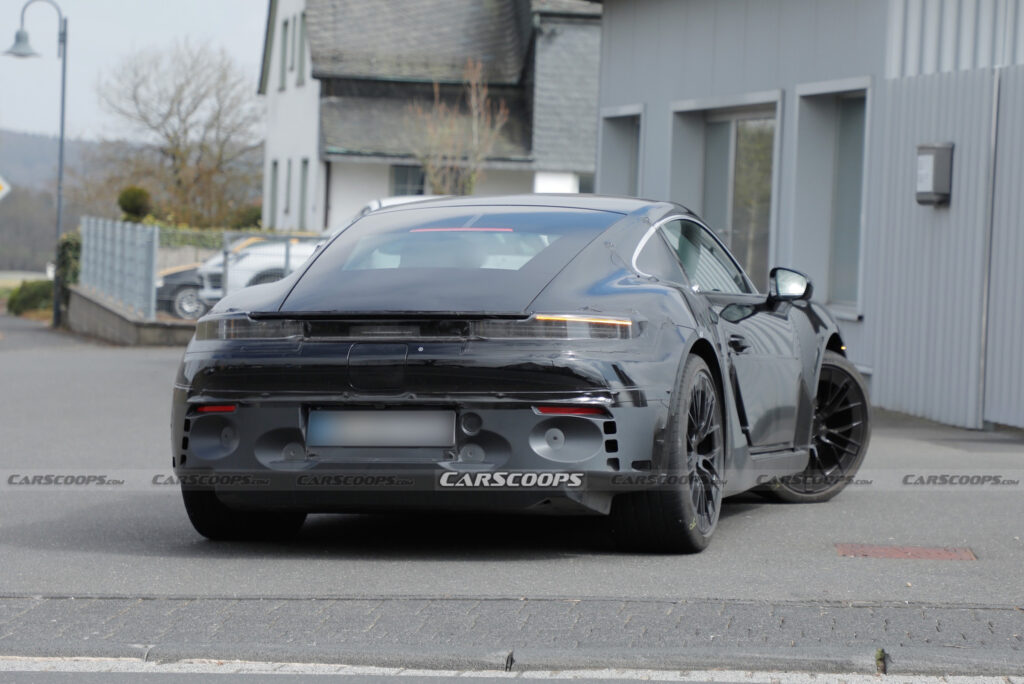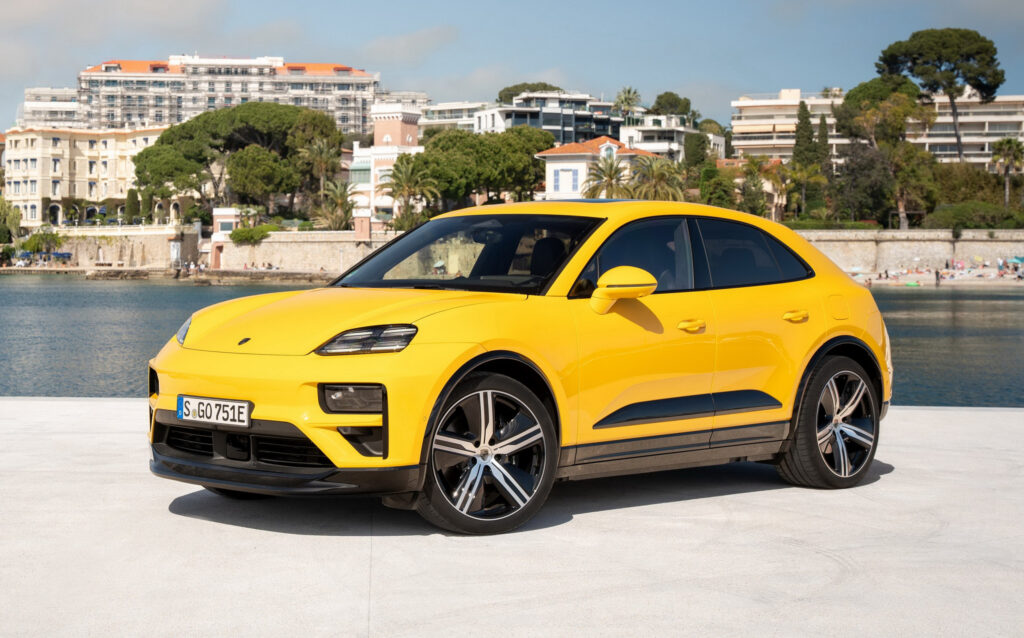Changes in Porsche’s Strategy
Porsche is changing its electrification plans due to a drop in market demand and financial pressures. The company is returning to hybrid and internal combustion engines, delaying the launch of new electric models. Key changes include:
Management Statement
Today we have defined the final steps in the reorientation of our product strategy. We are currently experiencing massive changes in the automotive environment. That is why we are reorienting Porsche in all directions. In doing so, we want to respond to new market realities and changed customer demands.
According to Oliver Blume, CEO of Porsche and the Volkswagen Group, the company is adapting to new conditions.
Revision of the Ultra-Luxury SUV
One of the biggest changes is the future ultra-luxury SUV, known internally as the K1. It was initially planned to be exclusively electric, but will now debut with internal combustion engines and hybrid powertrains.
Models like the Panamera and Cayenne will continue to be produced with internal combustion engines and hybrids well into the 2030s, confirming their long-term future.
Delays in Electrification
Other planned Porsche electric models will also be postponed due to slower growth in electric vehicle demand. The development of a dedicated EV platform, which was supposed to be the foundation for these models in the 2030s, will no longer proceed as planned. Instead, it will be redeveloped jointly with other Volkswagen Group brands.
This is the company’s response to significantly slower growth in demand for exclusive electric vehicles.

Current Projects and Future
Not all projects are affected by these changes. Electric models, such as the future Cayenne EV in standard and coupe versions, as well as a sports car in the 718 segment, remain on schedule. Additionally, Porsche is developing a new SUV with an internal combustion engine to replace the Macan, which will be sold alongside the electric version.
Financial Implications
Porsche is also facing global challenges, such as increased US customs tariffs, a cooling luxury goods market in China, and slow electric vehicle adoption. The delay of the EV platform will result in losses of up to 1.8 billion euros in 2025. Although revenue in 2025 is expected to be around 37-38 billion euros, profitability will significantly decrease to 2% compared to the previous forecast of 5-7%.

These strategic shifts highlight how quickly the automotive industry can change under the influence of external factors. Porsche’s decisions reflect not only current market trends but also the need to balance innovation and practicality to remain competitive in a world where customer preferences can change unpredictably. It also serves as a reminder of the importance of flexibility in long-term planning for automakers seeking to maintain their market position.


 by
by 
